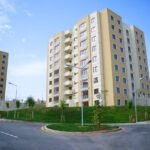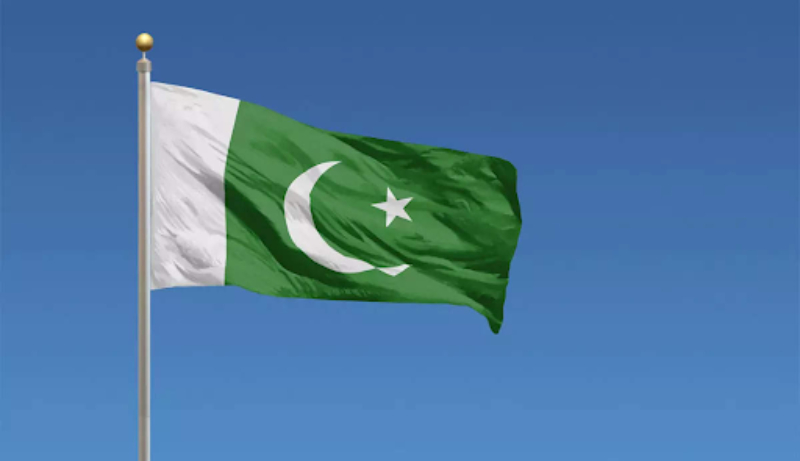Pakistan is a country that is rich in natural resources, but its 40% population lives below the poverty line. It has various natural resources like:
- The second-largest salt mine in the world
- A fifth-largest gold and copper mine in the world
- The country with the seventh-largest rice and wheat production capacity.
The list doesn’t end here, but the question is, does it really matter when nearly half of the population live below the poverty line?
Reports like Human Development Index puts Pakistan in the 154th position out of 189 countries for 2021.
There are many reasons why Pakistan is still counted in the list of developing countries while having sufficient natural and human resources.
In this article we will discuss three prominent reasons for Pakistan’s poor economic situation.
1. Corruption and Elitism in Politics Power game
Irrespective of other facts, the most prominent drawback to any country’s economic and social growth is corruption and lack of free politics.
The politics of countries like Pakistan have always been dominated by a specific group (the elites). They are powerful politicians, bureaucrats and generals (oligarchy).
Most of them belong to super-rich business backgrounds or large land-owning families. They keep aside the public interest and fulfil their agenda-driven interest.
The worst part is that this scenario has become cyclical because these elite groups know how to convey it to people. This culture will take time to change; hopefully, enhanced levels of education and awareness about democratic rights in recent times may help change it soon, but it already has affected Pakistan a lot.
These elites are highly involved in corruption activities: the scenario has become critical as the ex-prime minister of Pakistan was removed from his post by the supreme court in 2017 because of corruption accusations.
Recently, Imran Khan was also removed from the Prime Minister post because he lost a vote of confidence, and consequently, Shehbaz Sharif became the new Prime minister.
Pakistan is also ranked as one of the worst corrupt countries globally by the Transparency International report.
2. Lack of Clear Political Model
The second reason is the unclear Political Model. The Pakistan government says they are a democratic country, but in reality, lack of real democratic rights, non-representation by all religions in key decisions and problematic power distribution has been many times.
Because of the following reasons, we have seen military rule in Pakistan many times, whether directly or indirectly.
Since its independence, the military has been the most powerful and organized institute that rules Pakistan Politics for several reasons. They present themselves as the protector of Pakistan.
We aren’t giving a verdict on any political model, whether good or bad. Still, one thing is sure that the unclear political model and possession of power by the military have affected Pakistan’s economic growth.
3. Conflict between Religious and Secular agenda
A country can follow Religious Ideology or pursue Secular agenda, but the problem arises when a country wants to follow both. The same kind of situation is with Pakistan.
We all know Pakistan is a Muslim majority country that claims to follow secular rules. In reality, the Pakistani Government failed in imposing Islamic as well as true secular rules.
This situation disrupts both types of people who want to live in secular or Islamic rule countries.
Conclusion
Pakistan is a beautiful country full of natural resources and loving people, so why does it lack economic growth?
We hope that our article helped you find the answer to this question. Feel free to ask questions and comment your thoughts about this post.











